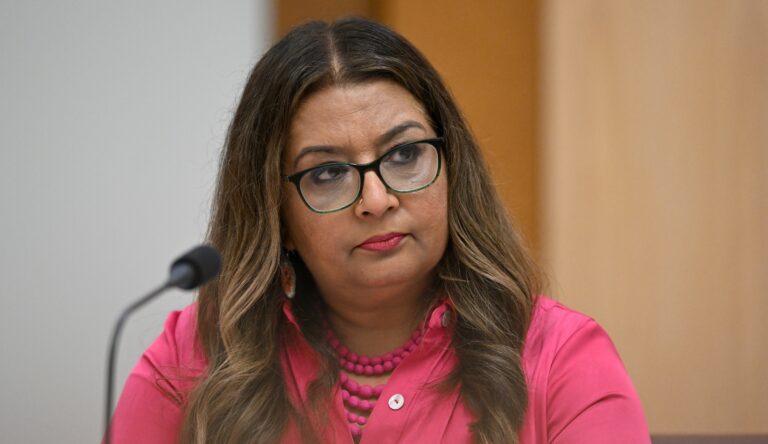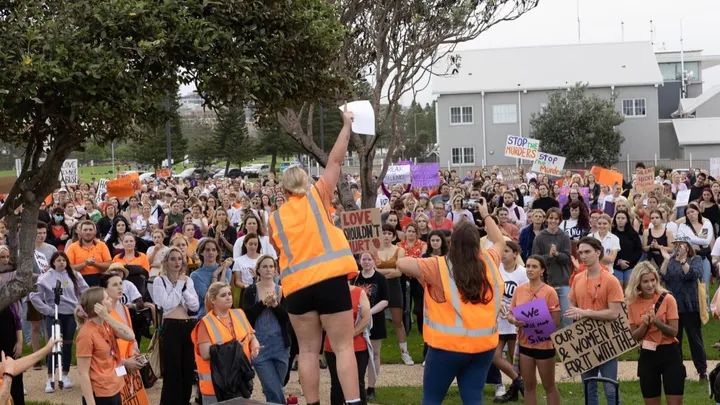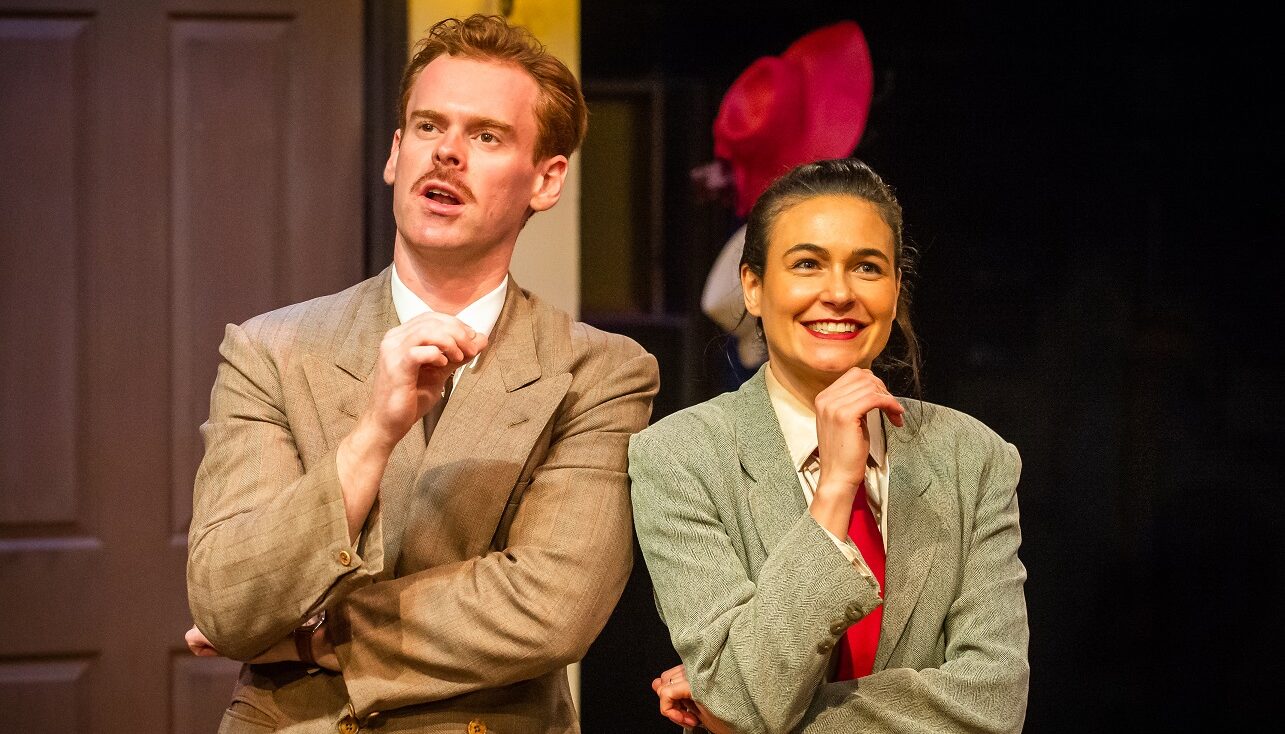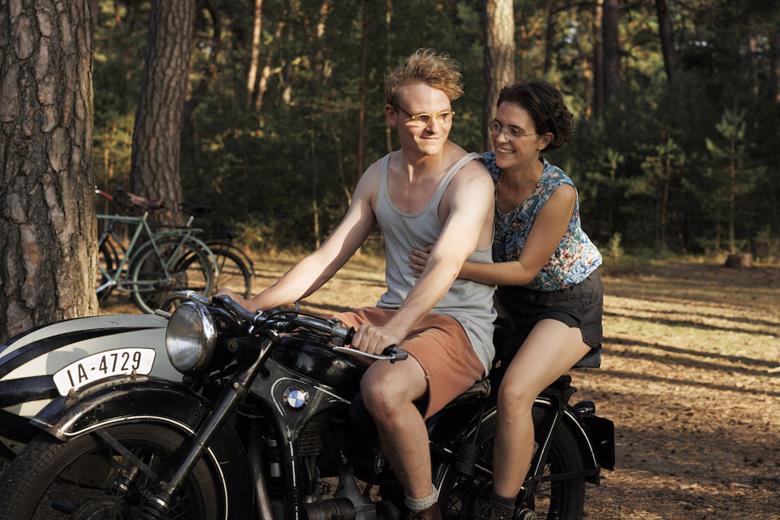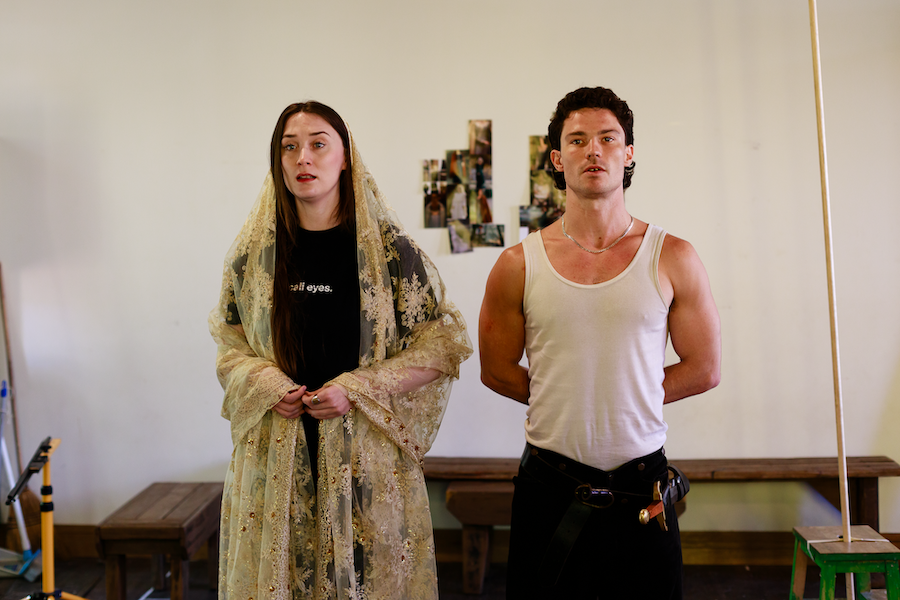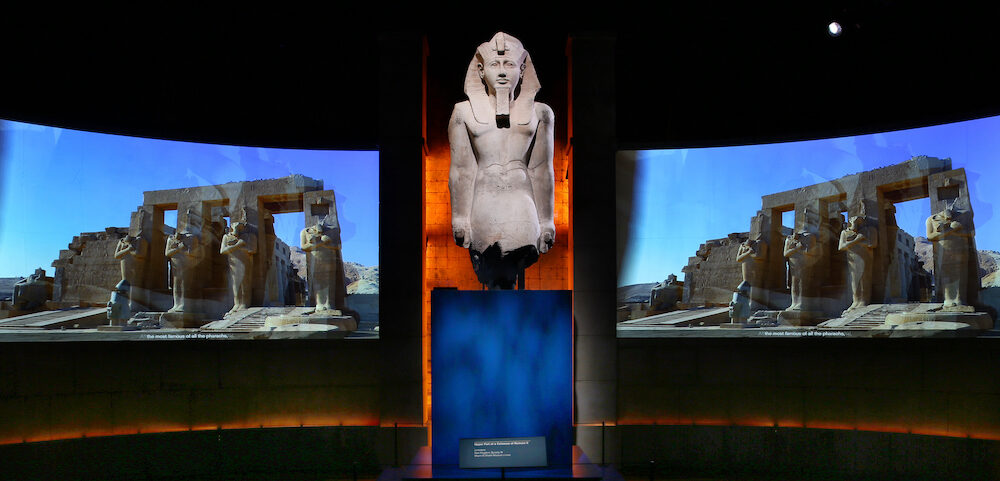
Boxing Day BBQ – REVIEW

Families traditionally gather during the festive season, but what should normally be a time of joyous reconnection may actually lead to tension and heated arguments as the Aussie family portrayed in this stage play discover.
It’s an incredibly hot Boxing Day and wildfires are burning in the locality. The family has gathered and Peter who prides himself as the ‘BBQ king’ is having a heated argument with his 25-year-old daughter who wants to sail away on a ship for 12 months.

Her aim is to ‘do something for the planet’ as a volunteer on a charitable adventure. However, Peter stubbornly believes she’ll be ‘lazing on a boat for a year for free’. There’s a clash between the younger and older generations as times have changed and so have priorities.
Throw in a stepmother who arduously and annoyingly attempts to uphold the family Boxing Day traditions and Uncle Morris who is separated and heading towards a divorce, and the stage is set for a Boxing Day BBQ that should live on – or will it?

A drama/comedy this stage play is a study of family relationships. The laughs are almost instantaneous, and audiences should quite easily relate to what unfolds on stage. The comic elements increment until the final explosion of emotions that reveal a long-kept family secret which could have lingering adverse effects on the family unit as a whole.
Written by Sam O’Sullivan and directed by Mark Kilmurry the cast of five headed by Brian Meegan and Jamie Oxenbould does a remarkable job of captivating audiences for the duration of the play. As the ferocious fires are roaring closer, audiences may wonder whether the intoxicated Peter will survive. However it’s perectly clear that the heat which evokes from the tempers of this family may have far more devastating effects emotionally.

This is a somewhat enjoyable and relatable stage play suitable for audiences upward from the age of 12. As audiences sit back and watch the drama unfold, they may come to the realization that as with all sizzling family tensions, it’s not only what’s said – but more importantly, what’s left unsaid.

